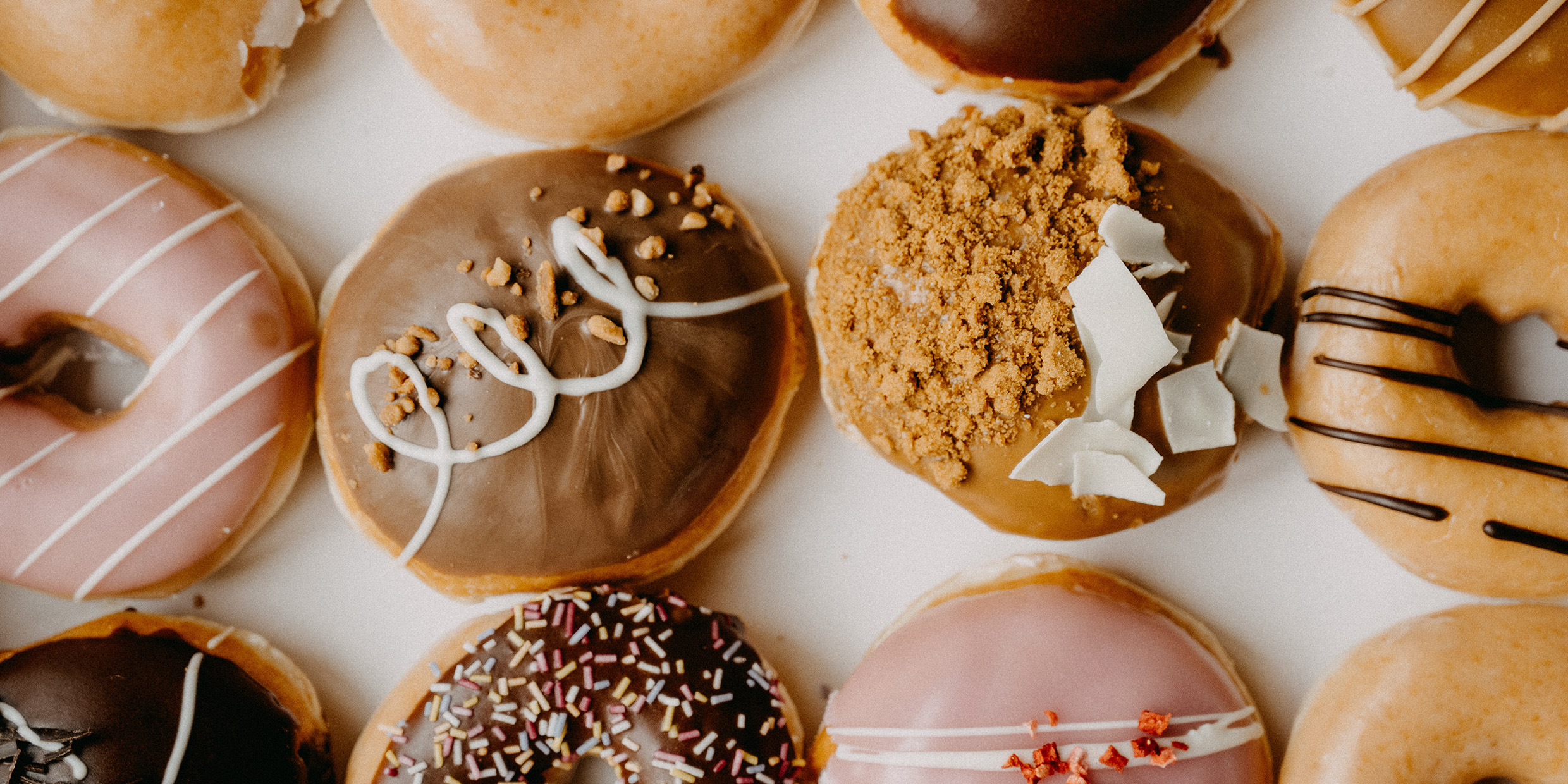Originally published 10 October 2004
I’ve recently returned from the heartland, and I have one thing to report. Middle Americans are fat. Hugely, jeans-bustingly, roly-poly fat. The Bible Belt has busted its buckle.
The middle of the country is so overweight that rivers that used to flow into the Atlantic and Pacific now drain into the Mississippi.
Ok, I’m being facetious. But it’s true that my homeward flight out of Chattanooga wasn’t allowed to take off because the plane was overweight. And it wasn’t the baggage.
I’m not talking about people who are heavy because of genes or metabolism. Every population has a natural distribution of body types from supersized to twiggy. But out there in mid-America the bell-shaped curve slumps alarmingly towards the port side of portly.
I’m talking about folks who wouldn’t say no to a triple cheeseburger if their life depended on it.
Which it probably does.
According to the National Institutes of Health, obesity has become a chronic, life-threatening epidemic. More than a quarter of adult Americans are obese. Not just overweight, but dangerously fat. We are becoming a nation of couch potatoes more amply upholstered than our couches.
Except for a few Pacific island nations, Americans are now the fattest people in the world.
And here’s the irony. Take a look at the magazine section in any newsstand or bookstore, surely a reliable indicator of American taste. Not an overweight body in sight.
Rather, what one sees spread across the shelves are trim, perfectly muscled bodies. Flat abs. Impeccable pecs. A Mr.-and-Ms.-America parade of taut skin.
What we are and what we aspire to be have gone wildly out of sync.
We are becoming alienated from our bodies as they were shaped by millions of years of natural selection. The sleek physical frames that suited us perfectly for life as hunter-gatherers on the savannas of East Africa have become redundant.
Few of us make our living anymore by brawn. The supermarket has replaced the hunt, digging for roots, searching for berries. No one runs to escape a preying beast. Hand-to-hand combat for food or mates is a thing of the past.
Fat is rife because muscles don’t matter.
But our genes still whisper the old Darwinian message: It’s good to be trim, agile and fleet. During the long course of human evolution, a “babe” was the likeliest to bear a healthy child and a “hunk” was likeliest to be the best provider. Only no one called them babes and hunks then. They were simply the survivors.
Babes and hunks came later, when culture made physical fitness less necessary for survival. A firm, muscular body is now a status symbol, what cultural critic Rebecca Solnit calls “an aesthetic of the obsolete.”
So we snap up newsstand copies of Muscle and Fitness and Natural Health even as we wolf down our bucket of chicken with an extra side of fries.
Meanwhile, I’m sitting in the airplane on the tarmac, surrounded by seriously overweight Americans, waiting for the ground crew to figure out whom to eject. Will airlines have to widen the aisles and broaden the seats of their planes? Will the price of our tickets go up if planes carry fewer passengers?
Nowhere is obesity more out of control than in the beerbelly of America, the Bible-thumping, gun-toting south and center. In fact, there is a striking coincidence between the incidence of obesity and a map of the so-called red states/blue states. Texas, it turns out, is one of the fattest states in the union, and Massachusetts is among the thinnest.
You tell me what it means, but if votes were weighted by the weight of the voter, George W. Bush would win by a landslide. It’s appropriate that the symbols of the two parties are a corpulent elephant and a scrawny donkey.
So praise the Lord and pass the Krispy Kremes. The figures for obesity of our children are even more disturbing than those for adults. What this bodes for our nation’s long term physical and mental health is anybody’s guess.



